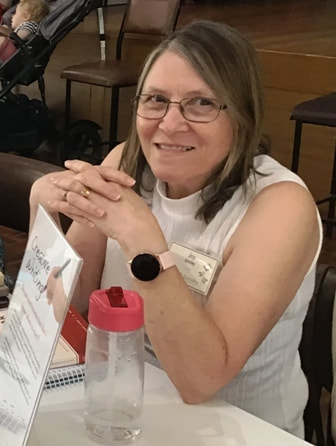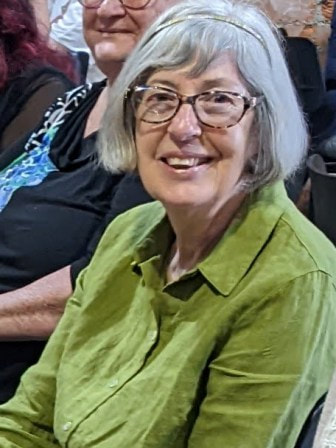Each of the extended family has some long-festering emotional problem caused by ignorance, hatred or fear; and the farm is badly run, supposedly cursed, and presided over by the unseen presence of Aunt Ada Doom, who is said to be mad through having seen "something nasty in the woodshed".
Flora, a level-headed urban woman, applies modern common sense to their problems and helps them all adapt to the twentieth century.
It parodies the romanticized, sometimes doom-laden accounts of rural life popular at the time with many writers. Published in 1932, the setting contains developments such as videophones, aircraft postal services, and major demographic changes in London such as residential districts south of the Thames becoming fashionable.
Notably adapted for the stage by Paul Doust, he plot was simplified a little in order to make it suitable for the stage. Many characters are omitted. Meriam's character was merged with Rennet, who ends up with Urk at the end. As a consequence, both Rennet's and Urk's roles are much bigger than in the book. Mrs. Smiling is absent because the action begins with Flora's arrival in Sussex; Charles appears only to drop her off and pick her up again at the end of the play. Mark Dolour, though mentioned several times in the play as a running joke, never appears on stage. Finally, instead of visiting a psychoanalyst to cure her obsession, Judith leaves with Neck at the end.
Our members are really enjoying this play with it’s characters and twists and the regular talking to the audience by many characters throughout the play – Neck being another one. We will finish this play at our next meeting.
Keith Rogers





 RSS Feed
RSS Feed
